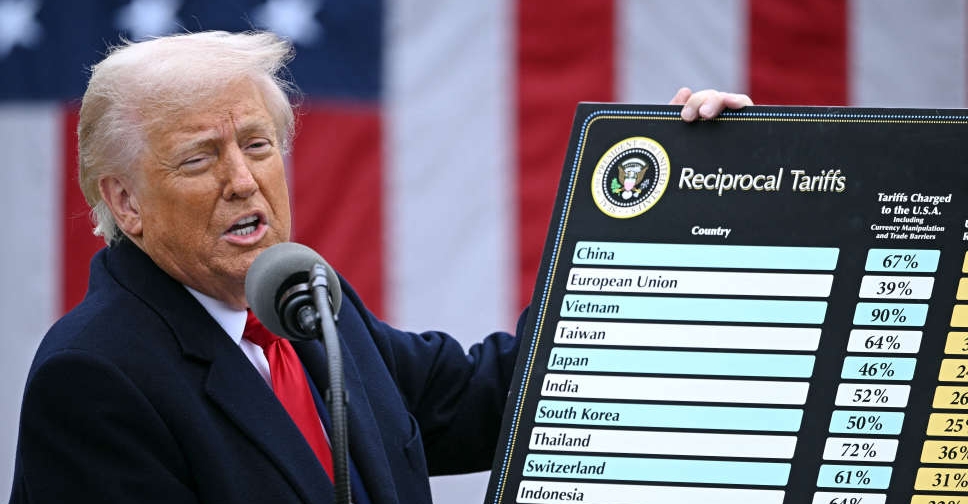
Just how much money Volkswagen AG made by cheating US emissions tests will be a factor in the penalties that will be assessed, according to the Environmental Protection Agency. The agency intends “to assess the economic benefit to VW of noncompliance and pursue appropriate penalties,” Christopher Grundler, director of EPA’s Office of Air and Radiation, and Phillip Brooks, director of civil enforcement for air, said in a written statement to the House Energy and Commerce Committee released Wednesday. The Oversight and Investigations subcommittee is holding a hearing Thursday. “Remedies should match the wrongdoing,” said Erik Gordon, a professor with the Ross School of Business at the University of Michigan. When US regulators lacked statutory authority to impose higher fines on carmakers, including General Motors Co. over flawed ignition switches, “the small fines frustrated the public and Congress,” he said. Under the Clean Air Act, Volkswagen may be liable for fines as high as $18 billion. It has already set aside more than 6.5 billion euros (AED26.8 billion) for charges related to the anticipated recalls. The Wolfsburg, Germany-based automaker will ultimately face costs and lost revenue from its damaged image of more than 35 billion euros (AED144 billion), according to an estimate by Warburg Research. The EPA is also expected to look at how much harm the excess pollution from Volkswagen’s violations caused, and the best ways to mitigate that damage, Grundler and Brooks said. VW STATEMENT Michael Horn, president and chief executive officer of Volkswagen of America, offered a “sincere apology” in his written statement to the committee. “These events are deeply troubling,” Horn said in a written statement. “I did not think that something like this was possible at the Volkswagen Group. We have broken the trust of our customers, dealerships, and employees, as well as the public and regulators.” Horn said he didn’t learn of the company’s cheating until Sept. 3, when company officials admitted it at a meeting with the EPA and the California Air Resources Board. Last year, he was aware of “non-compliance” with emissions rules and aware that company engineers were working on a solution, Horn said. Responsible parties will be identified and held accountable, and Volkswagen will rebuild its reputation, he said. Technical teams are still working to identify solutions for consumers, he said. Company officials in Germany said today there will be multiple solutions for different engines and different countries, and that the work would continue at least through the end of 2016. CONSUMER LOSS The hearing tomorrow will explore the damage done to consumers, whose resale values have plummeted, as well as dealers, who are paying interest to hold vehicles they can’t sell, said Representative Michael Burgess, a Texas Republican who sits on the Oversight and Investigations Subcommittee. “The rules are set, and they’re set for a reason,” Burgess said. “If you have an outlier in the marketplace, it’s harmful at a lot of different levels.” VW received at least $2 billion in economic benefits from selling diesel vehicles in the US that cheated emissions tests, said attorney Blair Nicholas, who filed a consumer lawsuit in Los Angeles last month against the company. That includes charging premiums of up to $7,000 (AED25,7000) per vehicle for diesel engines. The US government subsidised the purchases with tax credits, he said. "VW profited from enticing consumers to purchase cars based on the expectation that tax credits would partially subsidize the purchase,” Nicholas said in an e-mail. The company should disgorge profits “not just on the diesel sales but sales increases for other models based on VW’s falsely configured ‘green’ reputation.” (By Jeff Plungis and Margaret Cronin Fisk/Bloomberg)

 Wall Street futures sink as tariffs fuel recession fears
Wall Street futures sink as tariffs fuel recession fears
 Trump to impose 10% tariff on UAE, Saudi Arabia imports
Trump to impose 10% tariff on UAE, Saudi Arabia imports
 UAE tops global entrepreneurship rankings for 4th straight year
UAE tops global entrepreneurship rankings for 4th straight year
 Emirates launches express delivery service
Emirates launches express delivery service
 DEWA reduces CO2 emissions with increased electricity, water efficiency
DEWA reduces CO2 emissions with increased electricity, water efficiency




